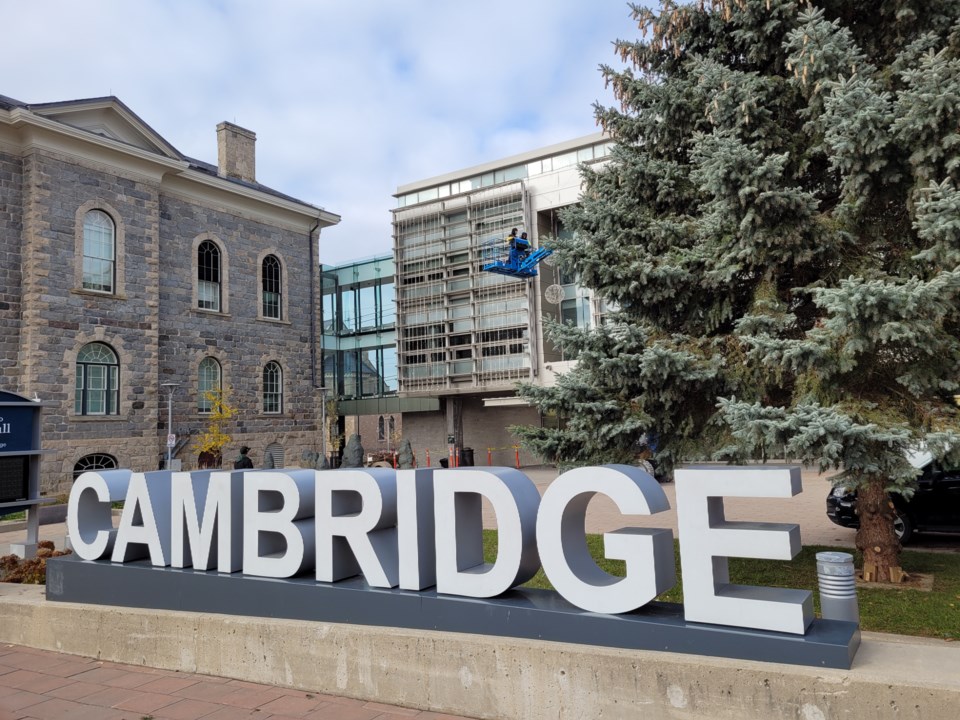The City of Cambridge hasn't had a chance to calculate the full impact of the province's More Homes Built Faster Act on its 10-year capital forecast, but it has joined the chorus of cities speaking out against the legislation.
During a special council meeting Thursday, Coun. Sheri Roberts introduced a motion asking the province to reconsider the act and its negative impacts on environmental protection, heritage preservation, public participation, and loss of farmland, not to mention the "significant and longstanding impacts" on municipal budgets.
Bill 23 prevents municipalities from collecting development charges and other fees as a way to "incentivize" development of more affordable homes. Those development charges, however, are what municipalities rely on to build new infrastructure to accommodate growth.
In a budget and audit committee meeting earlier in the evening, the city's chief financial officer Sheryl Ayres said Bill 23 has already had a projected $1.5 million impact on the 2023 budget due to lost development charges and other fees.
In addition to those concerns, the resolution presented by Coun. Roberts sets out the city's belief that Bill 23 will fail in its goal of providing more affordable housing.
With affordable housing defined in Bill 23 as "80 per cent of market rates," which still "remains largely unaffordable for many," the city is instead asking the province to define affordability based on income.
The motion also calls restrictions within the bill around inclusionary zoning a hindrance to creating more affordable housing.
Inclusionary zoning is a tool municipalities can use that requires developers include a defined number of affordable units in any residential build project.
"By limiting it to 5 per cent of dwellings within a development," Bill 23 limits affordable housing opportunities, reads the motion
The act also limits the longevity of inclusionary zoning requirements to 25 years.
Council is asking the province to increase the 5 per cent limit for inclusionary zoning and increase the timeline beyond 25 years.
Coun. Roberts tabled her notice of motion with the expectation it would come back for council discussion and vote at a special council meeting scheduled Jan. 31.
But as Coun. Donna Reid pointed out, there is some urgency around voicing concerns to the province.
Reid asked to waive notice of motion and deal with the vote immediately because, as deputy city manager Hardy Bromberg confirmed, the province's call for feedback on Bill 23 closes at the end of this month, making Jan. 31 too late in the process.
City manager David Calder said he believes input from municipalities will be accepted until the return of legislature to Queen's Park in February, but recommended council deal with the motion now.
Council voted unanimously to support the resolution.




